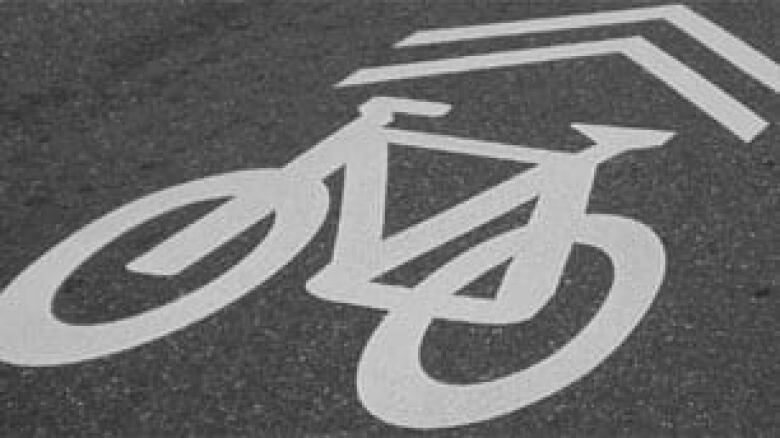Google Canada bike directions go live
Cyclists in select Canadian cities can now get bike directions using Google Maps.

Bike directions can be requested by clicking on the bike icon in the "get directions" feature on the Google Maps website. As of Tuesday morning, the service was available for the following nine Canadian cities: Vancouver; Kelowna, B.C.; Edmonton; Calgary; Winnipeg; Waterloo, Ont.; Toronto; Ottawa; and Gatineau, Que. According to Google, those cities shared their data with the company.
By entering a starting location and destination, users can get one or more suggestions for recommended routes, which include on-road and off-road bike lanes, streets designated as bike routes and other roads that connect them. Like pedestrian, car and transit directions, bike directions come with the estimated time to complete the route, directions for where to turn with distances for each leg, and a map showing the recommended route.
P.O.V.:
Will you get your bike directions from Google? Take our survey.
Andrea Garcia, director of advocacy and operations for the Toronto Cyclists' Union, said she thinks it's a great tool for tourists and she has used it while touring in the U.S., where Google bike directions were launched in March.
"As a tourist, I'm not really sure where else to get a bike map," she said. "I also just think it's really great for people on the go."
She added that people who don't have a bike map on them can simply access Google bike directions on their smartphones.
The Google Maps website notes that the feature is still in development. It asks cyclists to "use caution" and provides a link so they can report unmapped bike routes, streets that aren't suited for cycling and other problems. The company is also inviting organizations with trail data they would like to see incorporated in Google Maps to contribute to its "base map partner program."
Off-road paths not named
A review of the service by Toronto blogger Derek Flack on the BlogTO site praised Google for choosing safe routes that most cyclists may not know. However, he said the text directions were confusing because Google doesn't seem to know the names of off-street paths such as the Lower Don Recreation Trail.
When directions pertain to such trails, they simply tell people to turn left or right in sequence, without identifying where. That also occurs in other cities such as Ottawa, where the Rideau Canal and Somerset Street (Corktown) pedestrian bridge are not named in text directions.

Garcia said that's a problem Google should be told about. But she isn't concerned, as mistakes in Google Street View when it first launched were later fixed.
Google announced during the Sustainable Mobility Conference in Ottawa on Nov. 22 that its bike directions were coming to Canada within a week.
As of Tuesday, the Canadian maps don't yet show green lines marking and distinguishing between official bike-only trails and bike lanes along the road. Bike routes are highlighted for U.S. cities such as San Francisco, where bike directions launched in March. Google has indicated that in the future it will add options to choose short cuts or routes that avoid hills.
Some Canadian cities already had similar tools for cyclists, created by other groups.
In March 2009, UBC's Centre for Health & Environment Research launched its cycling route planner in co-operation with TransLink. Its tool used Google Maps to help cyclists plan routes that avoid air pollution, hills and traffic congestion. New York-based Ride the City launched a similar service for Toronto in March 2010.
Garcia said Ride the City is great, but not as well known as Google Maps. She added that the ease of switching between cycling, pedestrian and transit directions on Google Maps will be a definite advantage for many people, especially those who only want to cycle part of the way.